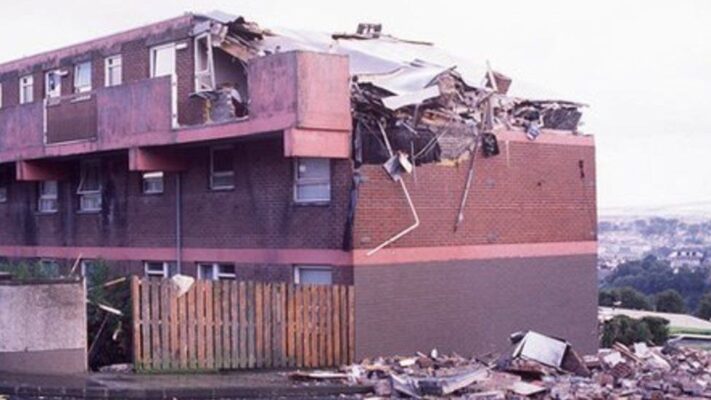
The attack in August 1988 at Kildrum Gardens became known as the ‘Good Samaritan’ bombing
Eugene Dalton and Sheila Lewis were killed in the explosion in 1988.
Gerard Curran died seven months later from his injuries.
The attack became known as the “Good Samaritan bombing” because the three friends had gone to check on a neighbour kidnapped earlier by the IRA.
The IRA later apologised, admitting it had planted the device in a bid to kill soldiers.
The case is now listed for a two-day hearing in October.
Lawyers for a relative of one of the victims said it will have implications for attempts to obtain fresh inquests into other deaths during the Troubles.
In 2013, a Police Ombudsman report found RUC officers had information about an IRA booby-trap bomb at a house in the housing estate but did nothing to warn residents of the possible danger.
The watchdog identified a failure in the police obligation to protect the lives of the public.
The North’s Attorney General at the time, John Larkin QC, decided a new inquest was not advisable.
Mr Dalton’s daughter, Rosaleen, launched judicial review proceedings against his decision, claiming such a tribunal could help to establish responsibility for police failures.
In 2017, a High Court judge refused to quash the Attorney General’s decision, citing the financial and human costs of a further public hearing which would be unlikely to advance the goal of prosecuting the perpetrators.
But three years later the Court of Appeal reached a different conclusion.
The current Attorney General, Brenda King, has now been granted permission to take the case to the Supreme Court.
Tags:




